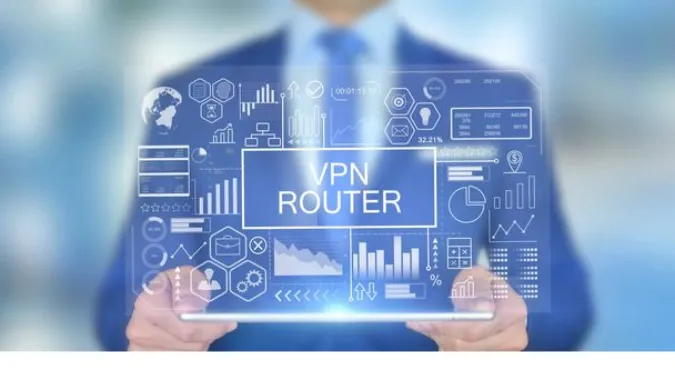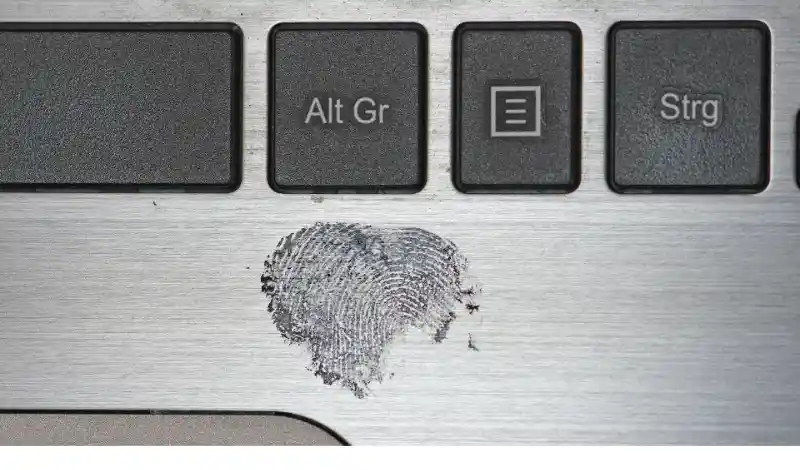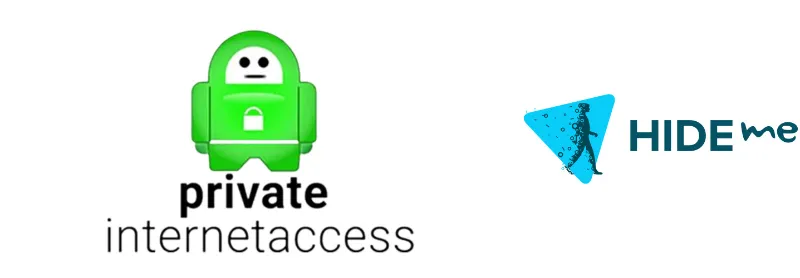As we navigate the vast internet, we leave behind a trail of digital breadcrumbs. These can reveal more about us than we’d like – from our personal preferences to our location and more.
This begs the question, how can we surf the web while keeping our online activity private?
Your online privacy doesn’t have to be an open book. And this leads us to our main discussion point – VPNs.
You’ve probably heard of a Virtual Private Network (VPN), but does a VPN hide browsing history from the WiFi owner?
Quick Answer
For those seeking a swift answer, yes, a VPN can hide your browsing history from the WiFi owner.
When you use a VPN, all your online activity gets tunneled through an encrypted connection to a VPN server, making it hard for anyone, including the WiFi owner, to see your browsing history.
However, while a VPN provides significant privacy, it’s important to remember that it doesn’t make you completely anonymous online.
Does a VPN hide activity from Wi-Fi owner?
Yes, it does. A VPN creates a private tunnel that protects your data from being seen by the WiFi owner.
However, keep in mind that the VPN provider itself could have access to this information, depending on their privacy policies.
Does a VPN hide your searches from Wi-Fi?
Yes, a VPN encrypts your data and hides your searches from anyone on the same Wi-Fi network.
Does a VPN keep your browsing private?
Yes, a VPN can significantly enhance your browsing privacy by encrypting your data and hiding your online activity.
However, using a trusted VPN service is crucial, as they can see your internet activity.
Can a VPN Hide Your Browsing History?
So, we’ve established that a VPN provides a secure, encrypted tunnel for your data. But how does this translate into hiding your browsing history?
When you surf the web without a VPN, your internet service provider (ISP), hackers, or even the owner of the Wi-Fi network can potentially see your browsing history.
This is because your data is sent over the network in an easily readable form.
However, when you use a VPN, browsing data is encrypted before leaving your device. This means that even if your data is intercepted, it will be unreadable without the encryption key.
Only your device and the VPN server can decrypt the data, effectively hiding your browsing history from any third parties.
This answers the question, “Does a VPN keep your browsing private?”
Yes, it does, to a significant extent. But it’s important to understand that while a VPN encrypts your browsing data, other ways can still be tracked, such as through cookies on websites.
Who Can See Your Browsing Data?
Understanding who can see your browsing data in various scenarios can help you make better decisions about your online privacy. Let’s break it down:
Without a VPN:
- Your Internet Service Provider (ISP): Your ISP can see your browsing history, the websites you visit, and any data you send or receive. They might even sell this data to advertisers.
- Wi-Fi Owners: If you’re using a public Wi-Fi network, that network’s owner can see your browsing history.
- Hackers: Public Wi-Fi networks can be a hotbed for hacker activity. Without a VPN, anyone with the right tools can easily intercept your data.
With a VPN:
- Your Internet Service Provider (ISP): While a VPN is active, your ISP can see that you’re connected to a VPN, but they can’t see your browsing activity.
- Wi-Fi Owners: The Wi-Fi owner will also be able to see that you’re connected to a VPN, but your activity will be hidden.
- VPN Provider: Your VPN provider could theoretically see your browsing history. However, most reputable VPNs have strict no-log policies, meaning they don’t keep records of your activity.
This should clarify the question, “Does a VPN hide activity from Wi-Fi owner?“. It hides your browsing activity but doesn’t make you invisible online. If you’re concerned about online privacy, using a VPN is a significant step in the right direction.
How to Hide Your Web Browser History From the Wi-Fi Owner
Here are the three (3) methods you can use to enhance your online privacy further.
Method 1. Use a Trusted VPN Service
The first and most crucial step to hide your browsing history from Wi-Fi owners is to use a trusted VPN service.
Choosing a VPN with a strong privacy policy, a no-log policy, and robust encryption protocols is essential.
The no-log policy ensures that your browsing history isn’t stored by the VPN provider, adding an extra layer of privacy.
Remember, not all VPNs are created equal. For example, some free VPNs may compromise on security features or sell your data to advertisers.
Therefore, do your homework and select a reputable VPN. The post on the pros and cons of using a VPN provides more insight on what to consider when choosing a VPN.
Method 2. Use Incognito Mode/Private Browsing
Using incognito mode or private browsing in combination with a VPN can add another layer of privacy. This method prevents your browser from storing your browsing history, cookies, and form data.
However, it doesn’t hide your browsing activity from your ISP, the Wi-Fi owner, or websites that track user data.
Remember, private browsing doesn’t make you invisible online. It just means your browser doesn’t record your activities.
Pairing this method with a VPN offers a stronger privacy solution. If you want to know more about how to enhance your online privacy, read the article on using a VPN to hide your device ID.
Method 3. Regularly Clear Your Cookies
Websites can still track your activity through cookies even when you’re using a VPN. Cookies are small text files that are stored on your device by websites to remember your preferences and improve your browsing experience.
However, they can also be used to track your online activities.
By regularly clearing your cookies, you make it more difficult for websites to track your online behavior.
You can clear your cookies manually through your browser settings, or use a privacy-focused browser extension that does it automatically for you.
For a more secure browsing experience, combining this method with a VPN can give you a significant privacy boost.
Check out our article on how VPNs can protect you from phishing to learn more about enhancing your online security.
Frequently Asked Questions (FAQ)
Let’s address some frequently asked questions that you might have about VPNs and online privacy.
1. Can a VPN completely hide my browsing history?
While a VPN can hide your browsing history from your ISP and the owner of your Wi-Fi network, it doesn’t make you completely invisible online.
Websites can still track your activity through cookies, and your VPN provider could theoretically see your browsing history.
However, most reputable VPNs have strict no-log policies and don’t keep records of your activity.
2. Can a VPN protect me from all online threats?
A VPN is an excellent tool for privacy and security, but it’s not a magic shield that will protect you from all online threats.
For instance, a VPN can’t protect you from phishing attacks, where a malicious actor tricks you into giving away your personal information.
For more on this, you can check out our blog post on whether a VPN protects you from phishing.
3. Can using a VPN impact my internet speed?
In some cases, using a VPN can slow down your internet speed due to the extra step of data encryption and the increased distance data has to travel to the VPN server.
However, many high-quality VPNs invest in high-speed servers to minimize this impact.
Conclusion
Keeping your online activities private can be a real challenge. But with a combination of a reliable VPN, using incognito mode or private browsing, and regularly clearing your cookies, you can maintain a significant level of privacy and protect your data from prying eyes.
Remember, no solution offers 100% privacy or security, but these steps will go a long way towards protecting your browsing history from your ISP, Wi-Fi owners, and potential hackers.
Remember the importance of choosing a trusted VPN service, as they play a crucial role in your online privacy.
For more insights into the world of VPNs and online security, explore other articles on our blog, like understanding if using a VPN on mobile networks is necessary or how a VPN can affect your phone call quality. Stay safe online!









